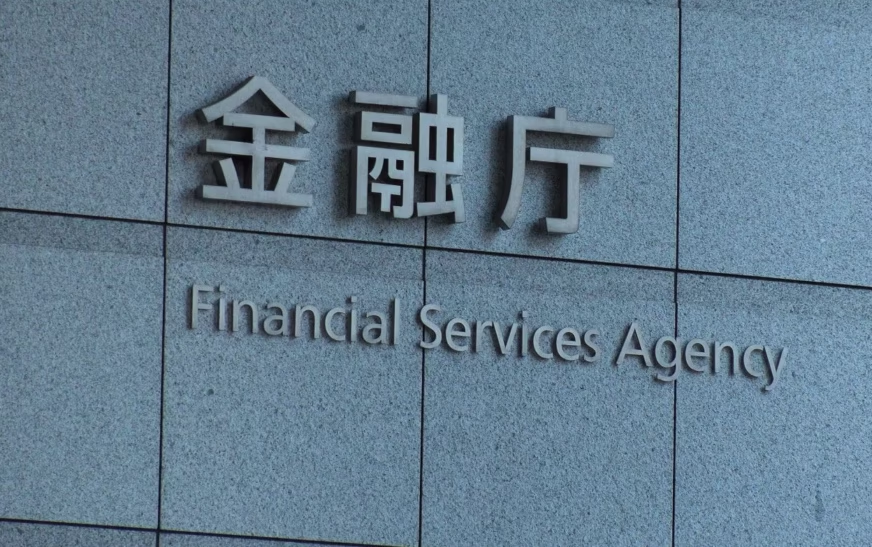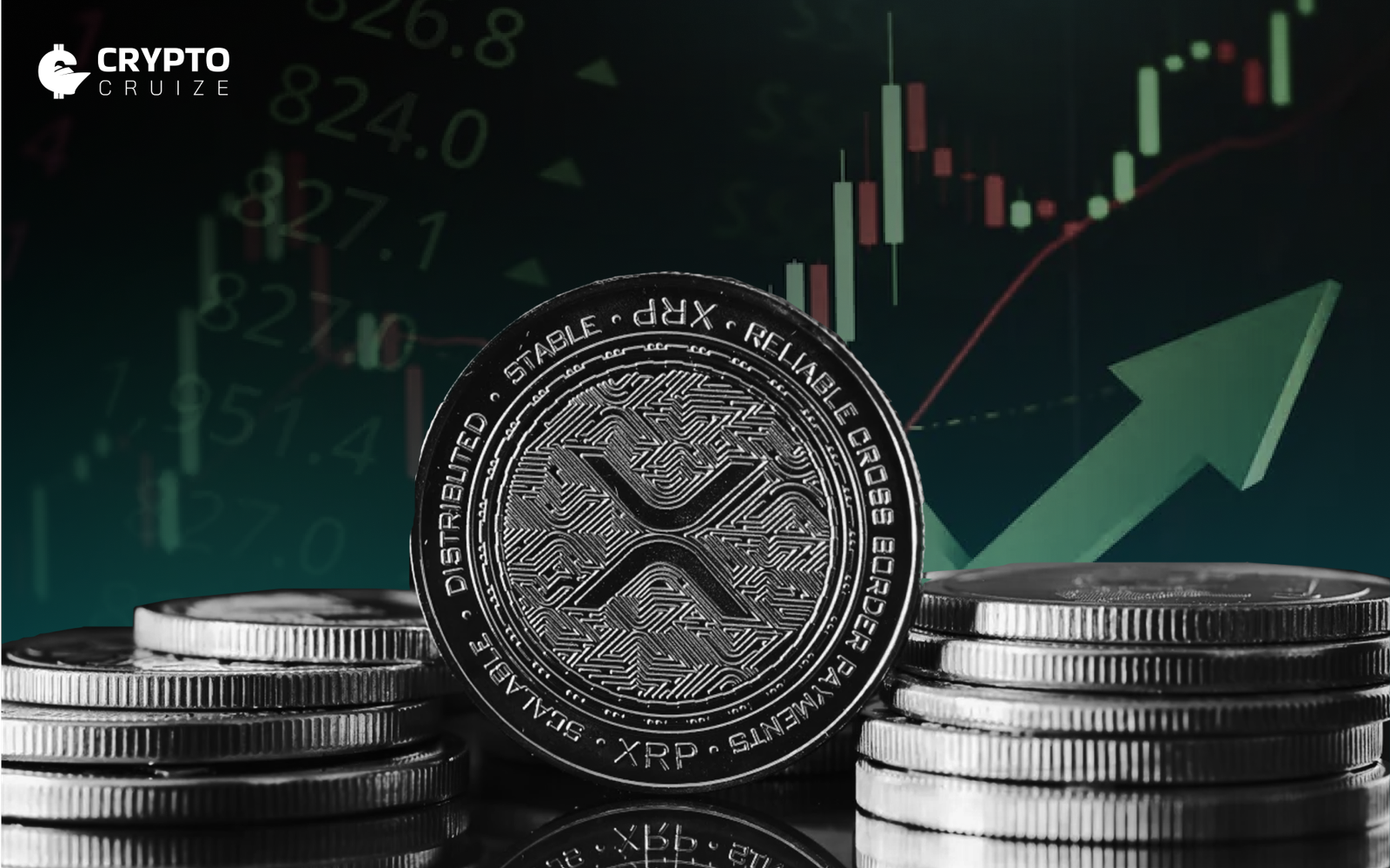Japan’s Financial Services Agency (FSA) has proposed a new regulatory framework for digital assets, introducing a two-tier classification system that aims to bring clarity and investor protection to the crypto market. The FSA is now inviting public feedback on the discussion paper titled “Verification of the state of the system related to crypto assets”, with submissions open until 10 May 2025.
Two Categories, Two Sets of Rules
The FSA’s framework splits crypto assets into Type 1 and Type 2, based on their purpose and structure.
- Type 1 assets include tokens issued by projects for business funding or operational use, such as early-stage altcoins that require continued community or investor backing.
- Type 2 assets, on the other hand, are decentralised and non-fundraising tokens like Bitcoin and Ethereum. These do not serve to raise capital for specific entities and are more established in nature.
This categorisation helps differentiate between speculative investment vehicles and decentralised digital currencies with no central issuer.
Stricter Oversight for Type 1 Projects
The FSA intends to impose stricter transparency and disclosure obligations on Type 1 token issuers. Projects will be expected to publish detailed information about:
- How funds will be used
- Project structure and goals
- Associated risks for investors
These rules will kick in once a project accumulates a large base of general investors. Furthermore, the FSA is exploring whether some Type 1 tokens may fall under security token regulations, which would add another layer of legal oversight.
However, the FSA acknowledges the difficulty in identifying individual issuers for decentralised tokens. Therefore, rather than directly regulating issuers, the agency plans to implement compliance measures via other entities.
Exchange Platforms at the Centre of Type 2 Oversight
For Type 2 cryptocurrencies, regulation will be enforced primarily through crypto exchange platforms. Exchanges will be responsible for reporting significant market movements and price fluctuations to the FSA.
This indirect approach is designed to manage risks in a decentralised landscape, where direct accountability can be challenging. The FSA notes that “correspondence will mainly be done through exchange companies,” highlighting their central role in ensuring market stability.
Looking Ahead: A New Legal Status for Crypto
As part of its broader regulatory shift, the FSA plans to revise the Financial Instruments and Exchange Act. A key proposal is to reclassify cryptocurrencies not as payment tools, but as distinct financial products. This marks a major step in recognising the evolving role of digital assets in the financial system.
The agency expects to submit the revised law to Japan’s parliament by 2026, and will also consider international trends and public feedback before finalising the new framework.





















































